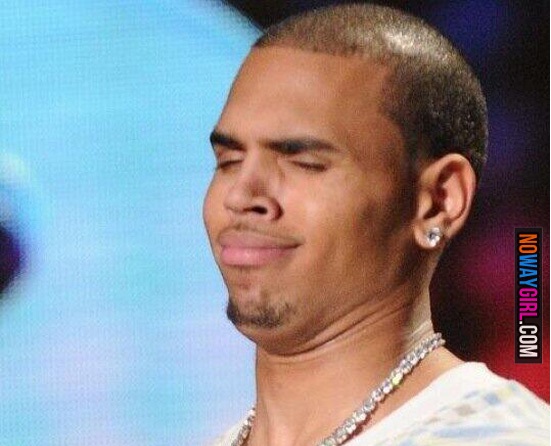I searched "Dahomey Amazons 1840 1870 palm oil vs slave trade" and I found this
Fly and Elephant Parties: Political Polarization in Dahomey, 1840-1870
John C. Yoder, Fly and Elephant Parties: Political Polarization in Dahomey, 1840-1870, The Journal of African History, Vol. 15, No. 3 (1974), pp. 417-432

www.jstor.org
the abstract says:
"Analysis of eighteenth- and nineteenth-century Dahomean history reveals, not the existence of an absolute despotism, but the presence of a complex and institutionalized political process responsive to the needs and demands of Dahomeans from every part of the country. Each year at Xwetanù (Annual Customs), Dahomean officials met to discuss and decide administrative, military, economic, and diplomatic policies of the nation. In the mid-nineteenth century an obvious polarization developed as two groups, the Elephant Party and the Fly Party, sought to mould foreign policy. The Elephant Party, composed of the Crown, the wealthiest Creole traders, and the highest male military officials, advocated continuing the established practice of capturing and exporting slaves. Therefore, the Elephant Party wanted to destroy Abeokuta, an African rival and threat to slave raiding, and to resist England, a European obstacle to the trans-Atlantic shipment of slaves. After 1840, as slaving became more difficult and as the palm oil trade emerged as an alternative to the slave trade, the Fly Party rose to challenge the goals of the Elephant Party. Comprised of the Amazon army, shrine priests, middle-level administrators, Dahomean entrepreneurs, and trade officials (groups who were unwilling to pay the costs of a major war and who were eager to gain access to the profits of 'legitimate' international trade), the Fly Party counselled peaceful co-existence with Abeokuta and restored commercial relations with England. Eventually, the Fly Party was able to gain ascendancy over the Elephant Party. By 1870 the great Creole traders had suffered severe economic reverses, the Crown and the high military officers were divided over the question of Abeokuta, and members of the Fly Party had obtained positions of political and economic dominance within the country. Thus, the economic and military transformations which affected all of West Africa in the first half of the nineteenth century evoked political polarizations, coalitions, and realignments in the nation of Dahomey."
so I think the "1840 to 1870" line in the wiki is referring to this "Fly Party" that had some amazons in it and their preference for palm oil trade over war and slave trading
not defending the movie though, just sharing what I found . .they should have made a movie about some other african kingdom if they were going to make a historical movie about africa. . .there was no real reason to make this movie and there were other women from african history they could have shown if they wanted to make a woman empowerment movie, like beatriz kimpa vita, or maybe some warrior women from other parts of africa









 WOW...
WOW...